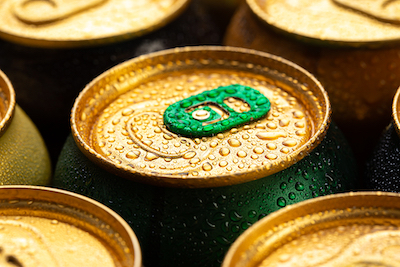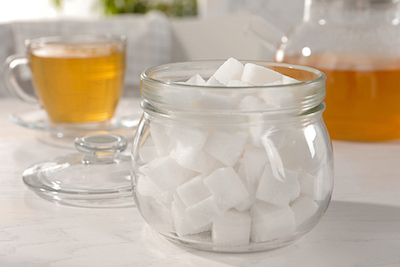Aluminum Cans vs Plastic Bottles: Which One is Healthier?
The debate between aluminum cans and plastic bottles has been raging on for years, with both sides claiming that their choice is the better option. However, when it comes to health, which one is really the better choice? In this article, we will explore the health implications of both aluminum cans and plastic bottles and weigh the pros and cons of each.
Aluminum Cans: The Pros and Cons
Aluminum cans have been around since the 1960s and are the go-to choice for many when it comes to soda, beer, and other beverages. One of the biggest advantages of aluminum cans is that they are infinitely recyclable. According to the Aluminum Association, approximately 75% of all aluminum ever produced is still in use today. Recycling aluminum cans uses 95% less energy than producing new aluminum, making them an eco-friendly choice.
When it comes to health, aluminum cans are generally considered safe. The inside of the can is lined with a thin layer of plastic to prevent the beverage from coming into contact with the aluminum. This lining is typically made from a type of plastic called bisphenol A (BPA), which has been the subject of controversy in recent years due to its potential to disrupt hormones.
However, in 2012, the U.S. Food and Drug Administration (FDA) ruled that BPA is safe at the levels typically found in food and beverage packaging. In addition, many companies have switched to using BPA-free linings in their cans. This means that consumers can safely drink from aluminum cans without worrying about the potential health risks of BPA.
One potential drawback of aluminum cans is that they can be easily dented, which can compromise the integrity of the can and potentially lead to leaks or contamination. However, this is a relatively minor issue that can be easily avoided by handling the cans carefully.
Plastic Bottles: The Pros and Cons
Plastic bottles are a popular choice for bottled water, sports drinks, and other beverages. They are lightweight, shatterproof, and convenient, making them a go-to choice for many consumers. However, when it comes to health, there are some concerns about plastic bottles.
One of the main concerns with plastic bottles is that they can leach chemicals into the beverage they contain. This is especially true if the bottle is exposed to high temperatures, such as when left in a hot car or subjected to sunlight. The plastic used in most bottles is made from a type of plastic called polyethylene terephthalate (PET), which has been shown to leach chemicals such as antimony and phthalates into the liquid inside.
Antimony is a toxic metal that can cause nausea, vomiting, and diarrhea if ingested in high amounts. Phthalates, on the other hand, are chemicals that are used to make plastic more flexible and are known to disrupt hormones in the body. Studies have linked exposure to phthalates with a variety of health problems, including reproductive issues, developmental delays, and asthma.
Another potential issue with plastic bottles is that they are not as recyclable as aluminum cans. While many plastic bottles are recyclable, the recycling process is not as efficient as it is for aluminum cans. In addition, many plastic bottles end up in landfills or oceans, where they can take hundreds of years to decompose.
The Bottom Line
When it comes to health, both aluminum cans and plastic bottles have their pros and cons. Aluminum cans are generally considered safe and are highly recyclable, making them an eco-friendly choice. While the BPA lining in some cans has been a cause for concern, many companies have switched to BPA-free linings to address this issue.
On the other hand, plastic bottles have been shown to leach chemicals into the beverage they contain, especially when exposed to high temperatures. This can pose a risk to human health, particularly when it comes to antimony and phthalates. In addition, plastic bottles are not as recyclable as aluminum cans and can take hundreds of years to decompose, contributing to the growing problem of plastic pollution.
So, which one is the better choice? Ultimately, it comes down to personal preference and priorities. If you prioritize eco-friendliness and recyclability, aluminum cans may be the better choice for you. However, if convenience and portability are your main concerns, plastic bottles may be the way to go.
If you do choose to drink from plastic bottles, there are a few things you can do to minimize your exposure to potentially harmful chemicals. First, avoid leaving plastic bottles in hot cars or other high-temperature environments. Instead, opt for a reusable water bottle made from stainless steel or glass, which is less likely to leach chemicals into your drink. Additionally, make sure to recycle your plastic bottles properly to help reduce plastic pollution.
The choice between aluminum cans and plastic bottles is not a clear-cut one when it comes to health. Both have their pros and cons, and it ultimately comes down to individual preferences and priorities. However, it’s important to be aware of the potential health risks associated with plastic bottles and take steps to minimize your exposure to harmful chemicals.














